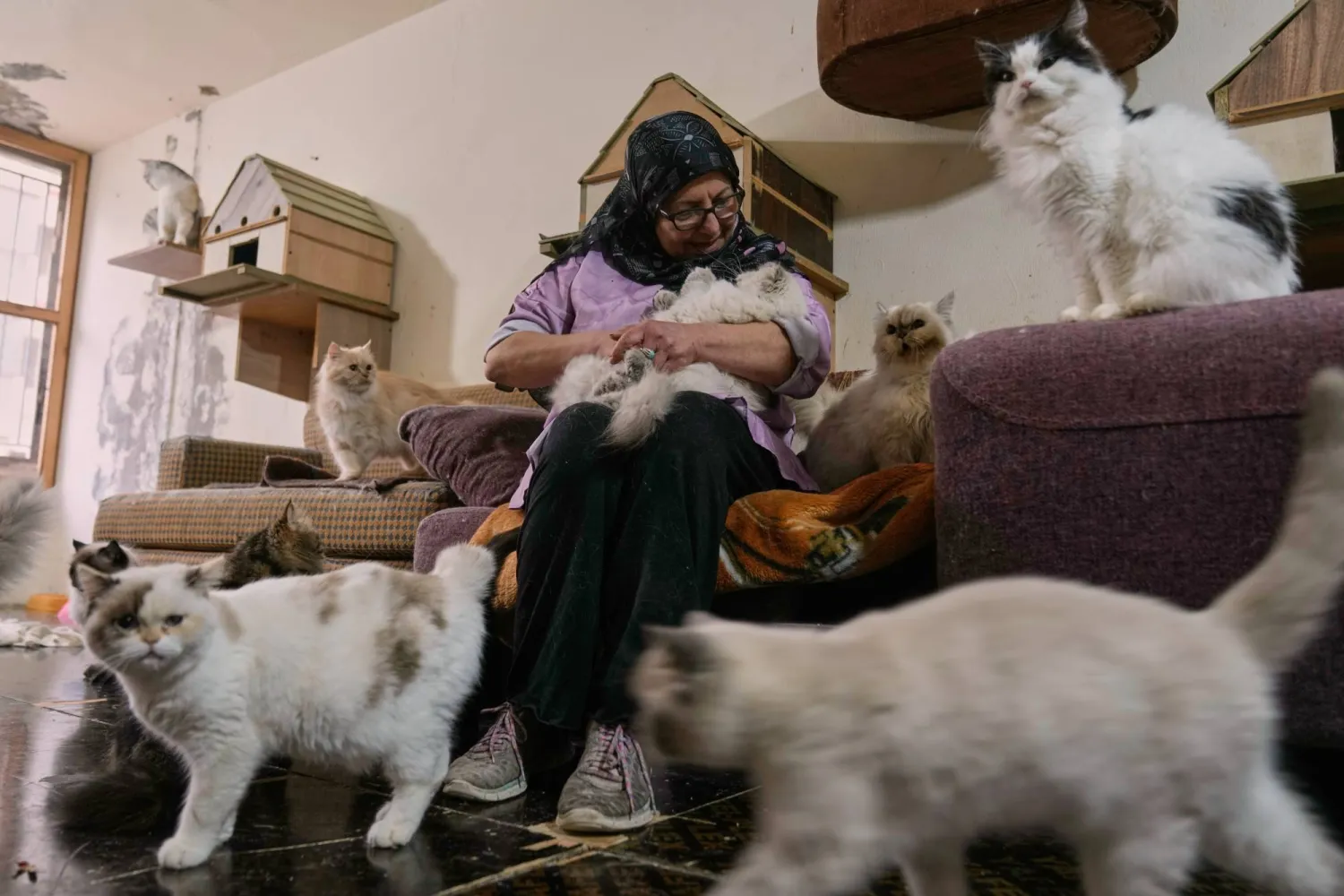Drinking a few cups of caffeinated coffee or tea every day may help in a small way to preserve brain power and prevent dementia, researchers reported on Monday.
People with the highest daily intake of caffeinated coffee had an 18% lower risk of developing dementia compared to those with the lowest such intake, according to a study based on responses to questionnaires by 132,000 U.S. adults spanning four decades.
The study, published in JAMA, also found that the people with the highest intake had a lower rate - by nearly 2 percentage points - of self-perceived memory or thinking problems compared to those with the lowest intake.
Results were similar with caffeinated tea, but not with decaffeinated beverages, the researchers said.
While the findings are encouraging, the study does not prove caffeine helps protect the brain, they said.
The magnitude of caffeine's effect, if any, was small, and there are other better-documented ways to protect cognitive function as people age, study leader Dr. Daniel Wang of Harvard Medical School said in a statement.
Lifestyle factors linked with lower risks of dementia include physical exercise, a healthy diet and adequate sleep, according to previous research.
"Our study suggests that caffeinated coffee or tea consumption can be one piece of that puzzle," Wang said.
The findings were most pronounced in participants who consumed two to three cups of caffeinated coffee or one to two cups of caffeinated tea daily, the researchers reported.
Those who drank caffeinated coffee also showed better performance on some objective tests of cognitive function, according to the study funded by the National Institutes of Health.
Further research is needed to validate the factors and mechanisms responsible for the findings, the researchers said.
They noted that bioactive ingredients in coffee and tea such as caffeine and polyphenols have emerged as possible factors that reduce nerve cell inflammation and damage while protecting against cognitive decline.
"We also compared people with different genetic predispositions to developing dementia and saw the same results - meaning coffee or caffeine is likely equally beneficial for people with high and low genetic risk of developing dementia," study coauthor Dr. Yu Zhang of the Harvard T.H. Chan School of Public Health said in a statement.









